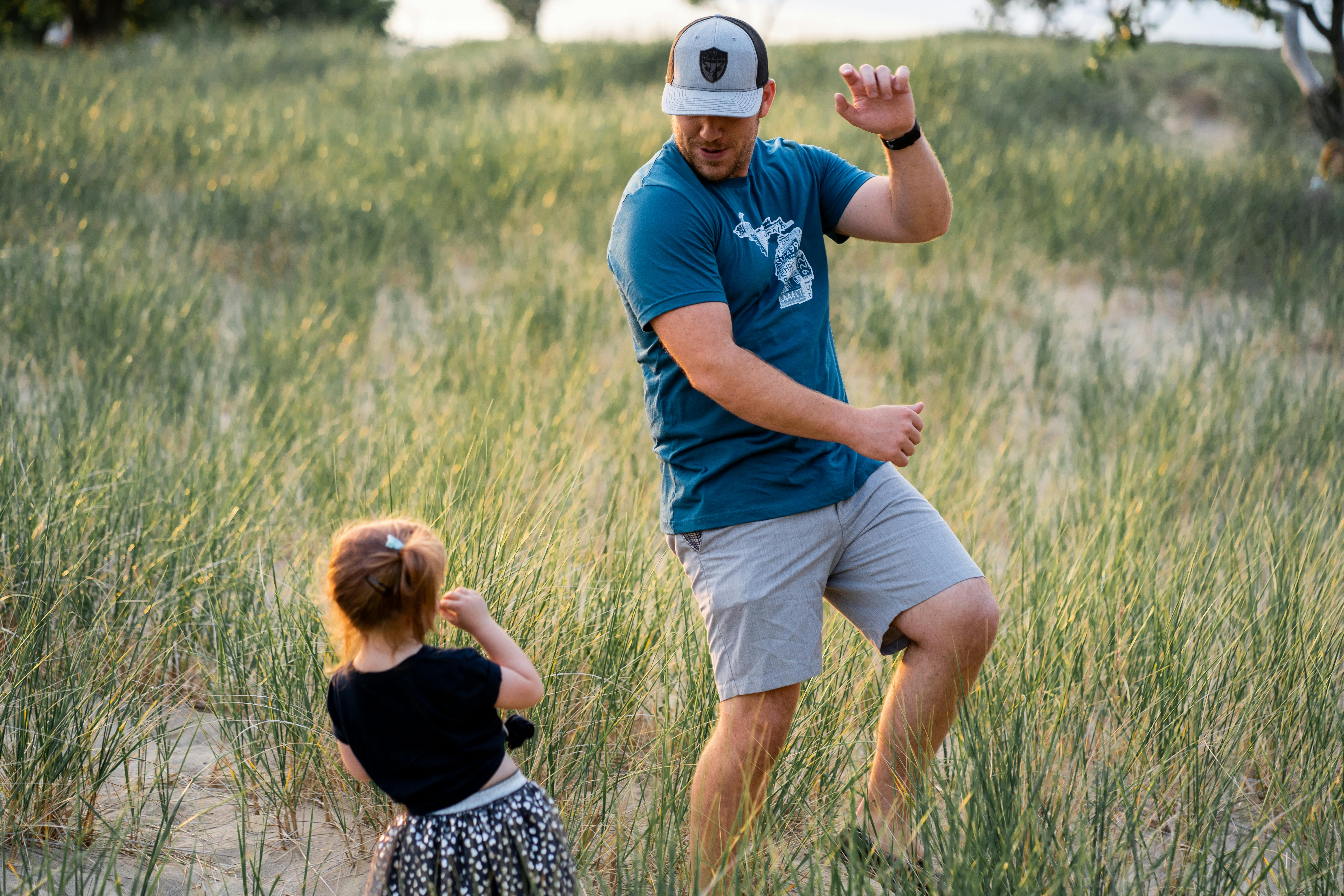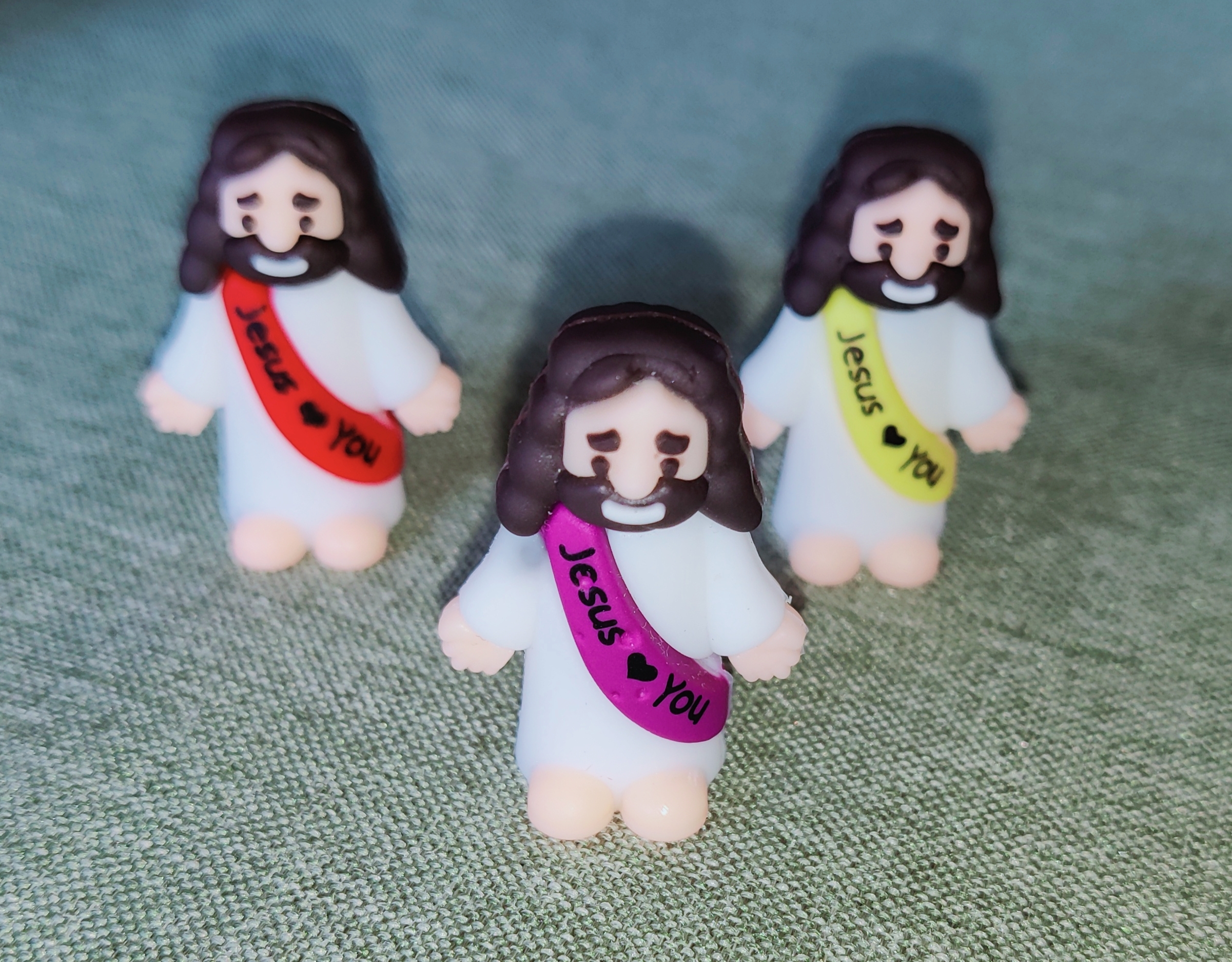
Give your kids Jesus
Equipping parents and children with the Word of God
Books
Make growing in Christ enjoyable
The Nut Donut picture book for kids. The Coming King advent devotional for parents. God’s Heart for Orphans and Widows for children and adults wanting to hear what God’s Word says to them.

The Nut Donut
A children’s book about someone following God’s lead. The true story shares how one act of faith blessed far more than those intended.

The Coming King
An Advent Devotional about Jesus’ life fulfilling 25 Old Testament prophecies. Prepare your heart this Christmas for Jesus.

God’s Heart for Orphans and Widows Book and Bible Study
Do you know someone lacking that father figure? Or husband? Read about God’s promises for the fatherless. Adding the Bible study alongside the book is ideal for adopted families and churches or Bible studies.
Want more ways to live out God’s Word?
Check out Gelda’s satiric parenting advice. Originally made for parents, but children LOVE her! She’s a German immigrant, mom of three, here to give you life’s essential parenting survival tips.


Songs to put a pep in your parenting step
Changing poopy diapers is MUCH better when you have a song to help you along. Your life really can be a musical.
Watch and Learn how to teach your kids the Bible
Teaching your kids the Bible does not have to be complicated. Simply read them the Scriptures. If you want additional background information and explanations, listen to these videos for insight as I read through the Scriptures with added commentary for my kids.

Parents’ Corner Devotionals
God’s Word isn’t just an ancient book. It’s applicable to our daily lives. Read weekly blog posts that dive deep explaining Scripture in bite sized pieces. Some are deep theologically. Others are conversations about theology to discuss with your kids. Subscribe to be encouraged weekly!




































































































